10 GPTs for Civil Law Powered by AI for Free of 2026
AI GPTs for Civil Law are advanced tools designed to navigate the complexities of civil law, utilizing the power of Generative Pre-trained Transformers (GPTs) to offer tailored solutions for a range of legal tasks. These tools are engineered to process and understand the vast, nuanced language of civil law, enabling them to generate legal documents, provide legal advice, and assist in legal research. Their relevance lies in their ability to democratize access to legal assistance and streamline the workload of legal professionals, making them indispensable in the civil law landscape.
Top 10 GPTs for Civil Law are: Juridisk Mentor,AIdvokat - Umelý Právnik (Slovenské právo),TR. Ementa e Voto.,"Abogada",ひかりの民法(Ver1.01),Legal Guru," Avocat ",Legal Guide for Portugal,Meu Advogado,ZeCivil Delivery
Juridisk Mentor
Your AI-driven legal mentor for Swedish law.

AIdvokat - Umelý Právnik (Slovenské právo)
AI-powered Slovak legal support

TR. Ementa e Voto.
Streamline legal drafting with AI precision.
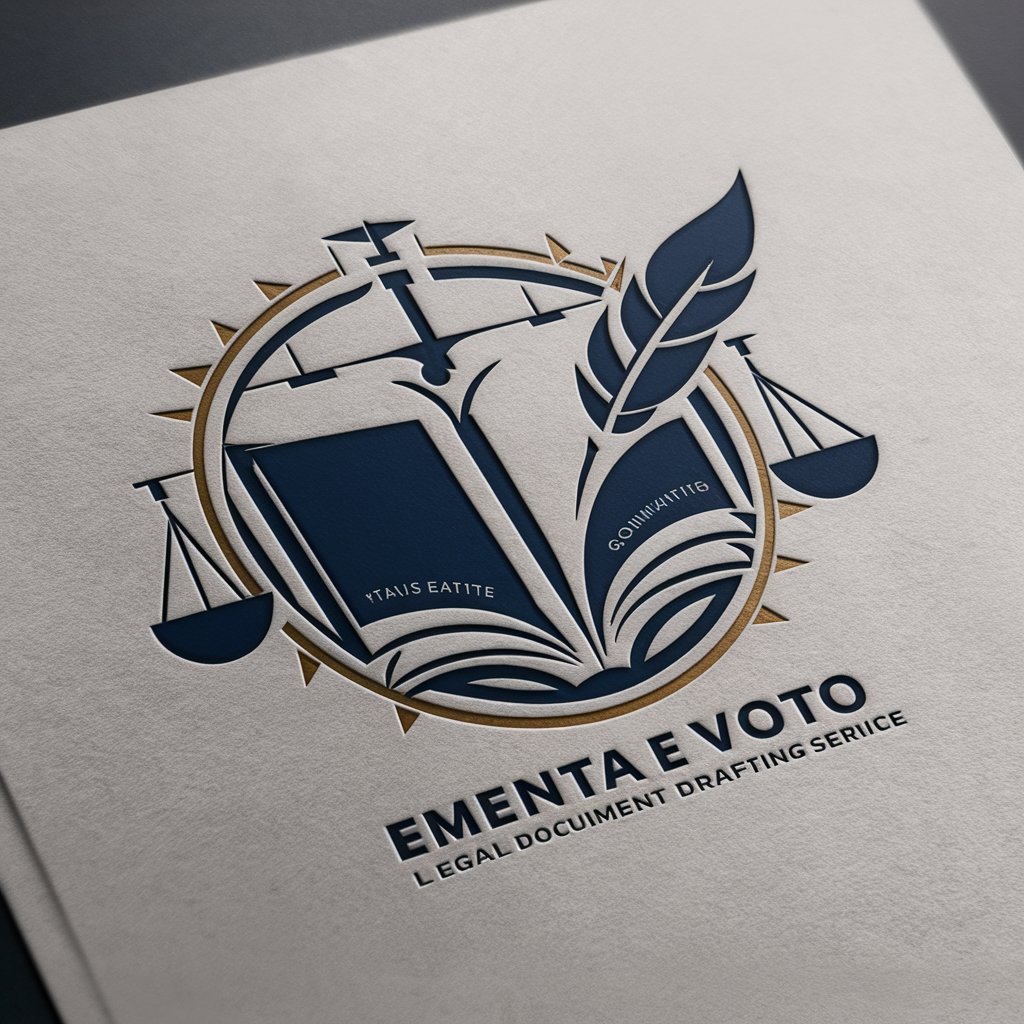
"Abogada"
Empowering Legal Decisions with AI
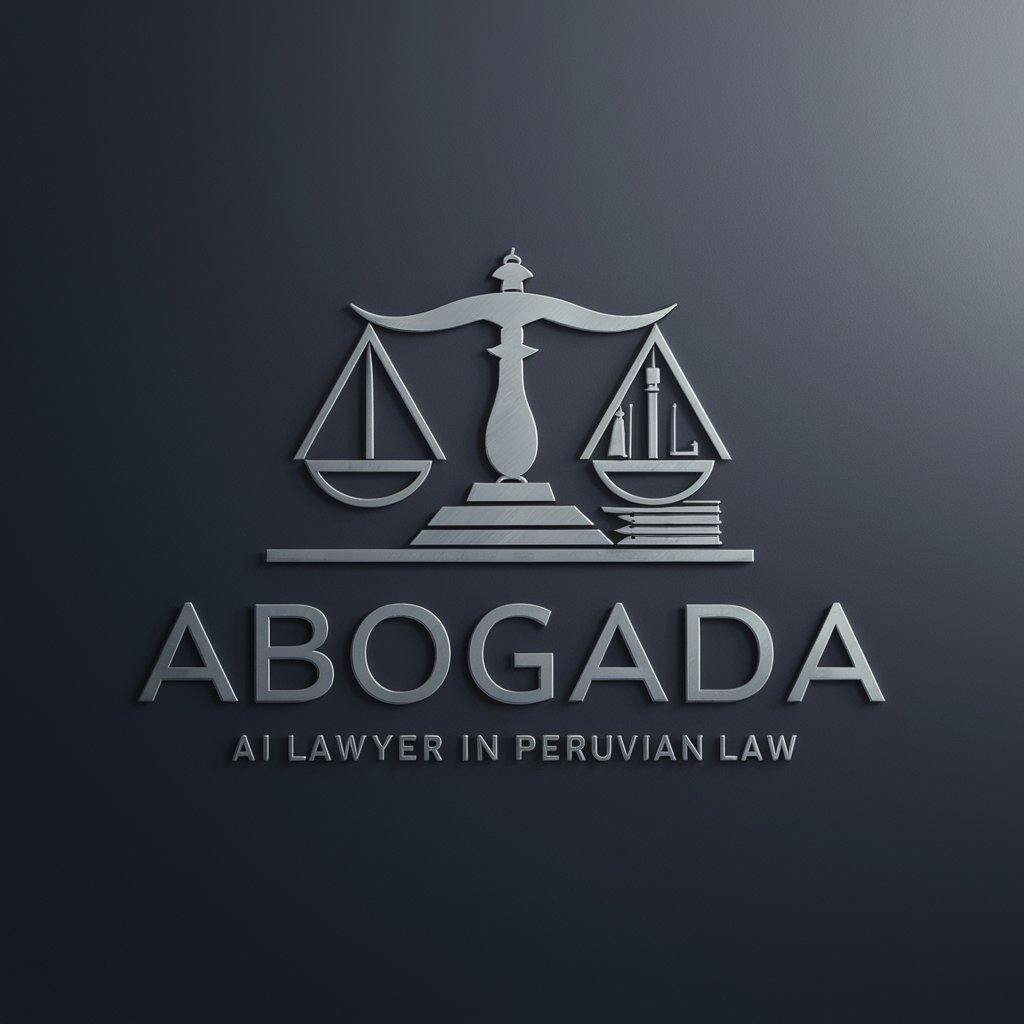
ひかりの民法(Ver1.01)
Empowering legal learning with AI

Legal Guru
Empowering with AI-driven Legal Insights
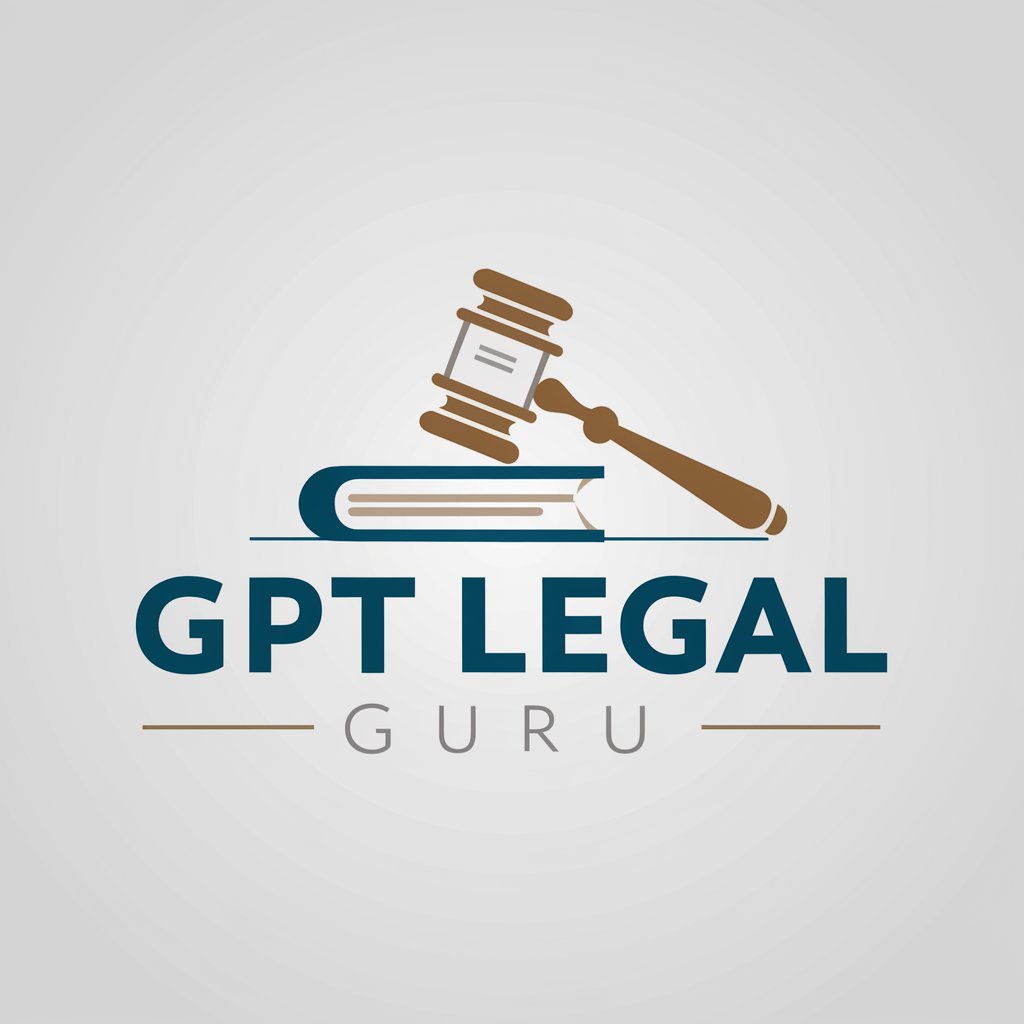
" Avocat "
AI-powered Moldovan legal expertise
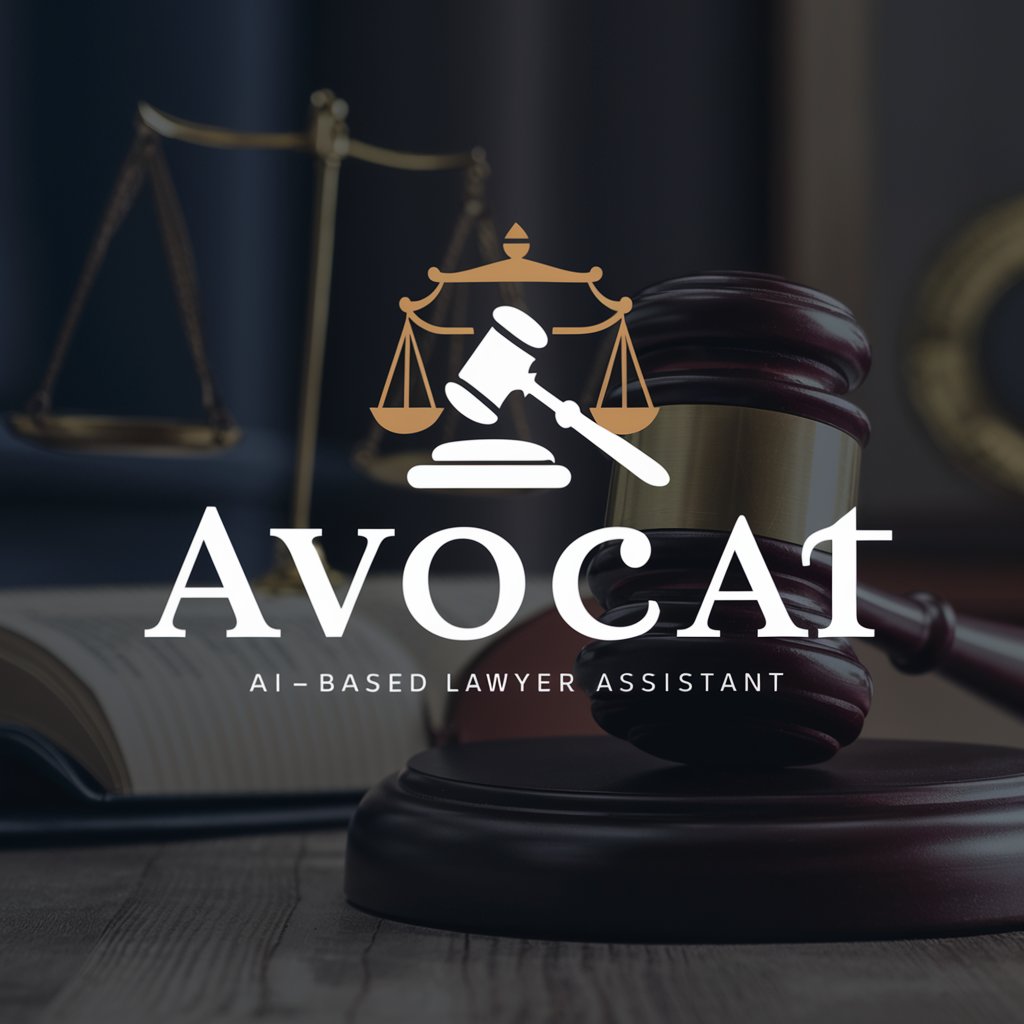
Legal Guide for Portugal
Demystifying Portuguese Law with AI

Meu Advogado
Empowering Legal Decisions with AI

ZeCivil Delivery
Your AI-powered Civil Law Assistant
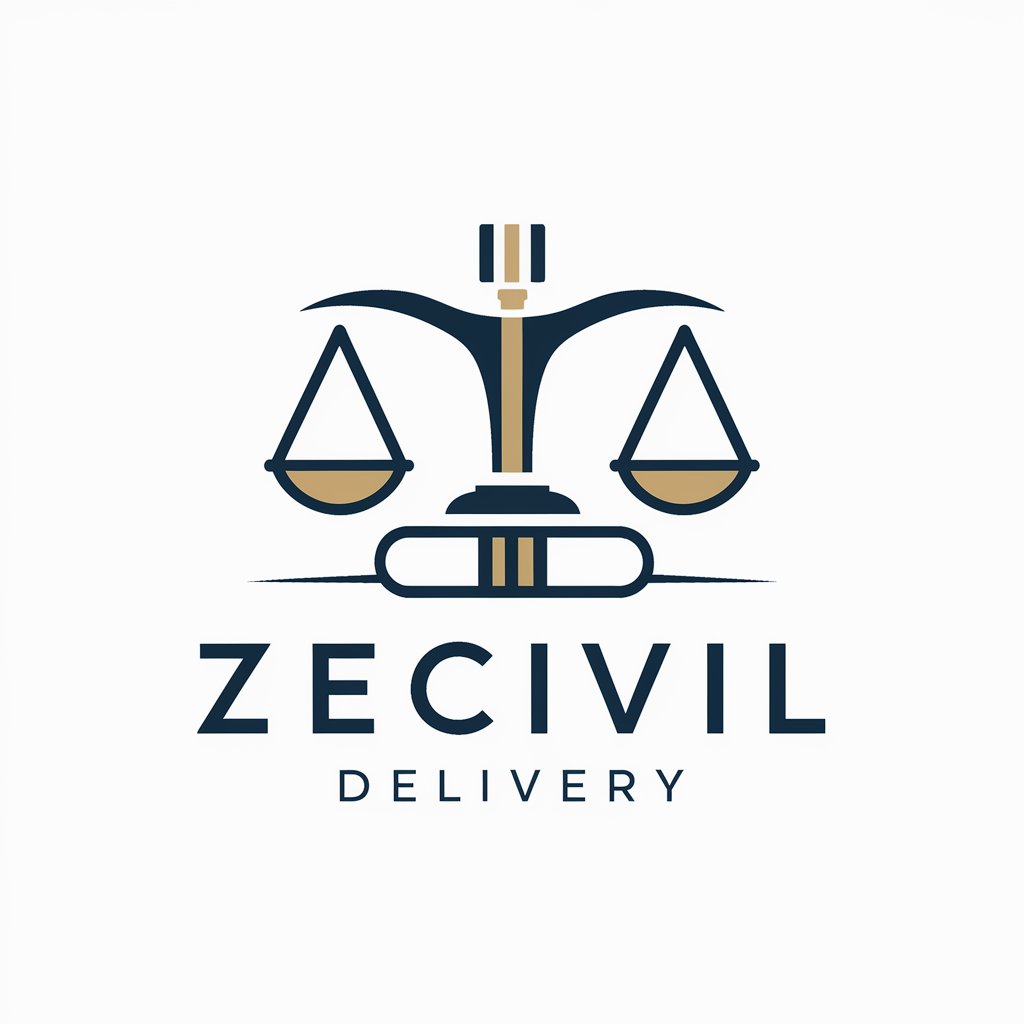
Key Attributes and Functions
AI GPTs for Civil Law boast a suite of unique features tailored to the legal domain. These include advanced natural language processing (NLP) capabilities for understanding and generating legal texts, adaptability to various civil law jurisdictions, and the ability to perform complex legal research. Special features also encompass language learning for multilingual support, technical assistance for legal analytics, and integration capabilities with legal databases and workflows, enabling these tools to handle tasks ranging from drafting contracts to legal consultation.
Intended Users
The primary beneficiaries of AI GPTs for Civil Law include legal professionals such as lawyers and paralegals, law students, and individuals seeking legal assistance. These tools are designed to be accessible to users without programming skills, offering intuitive interfaces and guided assistance. Simultaneously, they provide customizable options for users with technical expertise, allowing for the development of specialized applications within the civil law domain.
Try Our other AI GPTs tools for Free
Criminal Advice
Discover how AI GPTs for Criminal Advice transform the landscape of legal analysis and strategy, offering tailored, intelligent solutions for professionals across the criminal justice spectrum.
Citizenship Assistance
Discover AI GPT tools tailored for Citizenship Assistance, offering multilingual support, personalized advice, and integration capabilities for an efficient citizenship journey.
User Empathy
Discover how AI GPTs for User Empathy leverage advanced AI to understand and simulate human emotions, offering personalized, empathetic interactions across various applications.
Coverage Details
Explore AI GPTs for Coverage Details: Tailored AI tools designed for in-depth analysis and management of complex information, accessible to all user levels.
Investing Tips
Discover how AI GPTs for Investing Tips can transform your investment strategy with real-time analysis, personalized advice, and comprehensive market insights.
Charming Conversation
Discover AI GPTs for Charming Conversation: cutting-edge tools designed to engage and delight with human-like dialogues. Perfect for enhancing digital interactions across various domains.
Further Perspectives
AI GPTs for Civil Law represent a significant advancement in legal technology, offering solutions that enhance efficiency and accessibility in legal services. Their user-friendly interfaces and customization options make them adaptable to various legal tasks, promising to revolutionize how legal assistance is provided and accessed across the globe.
Frequently Asked Questions
What exactly are AI GPTs for Civil Law?
AI GPTs for Civil Law are specialized tools that leverage generative pre-trained transformer technology to offer tailored legal assistance and resources in the field of civil law.
Can AI GPTs draft legal documents?
Yes, these tools can generate a variety of legal documents, including contracts, legal letters, and pleadings, by understanding specific user inputs and legal requirements.
Are these tools accessible to non-technical users?
Absolutely, they are designed with user-friendly interfaces that require no programming knowledge, making them accessible to everyone.
Can AI GPTs for Civil Law provide legal advice?
While they can offer information and draft documents based on legal principles, users should consult a licensed attorney for personalized legal advice.
Do these tools support multiple languages?
Yes, many AI GPTs for Civil Law have multilingual capabilities, enabling them to function across different jurisdictions and languages.
How can developers customize these GPTs for specific needs?
Developers can use programming interfaces provided by the tools to tailor functionalities, integrate with legal databases, and customize outputs for specific legal scenarios.
Can AI GPTs integrate with existing legal software?
Yes, they are designed for easy integration with existing legal management systems and databases to streamline legal workflows.
What is the future of AI GPTs in Civil Law?
The future holds significant potential for further integration into legal practices, with advancements in AI making these tools increasingly sophisticated in handling complex legal tasks and providing comprehensive legal solutions.